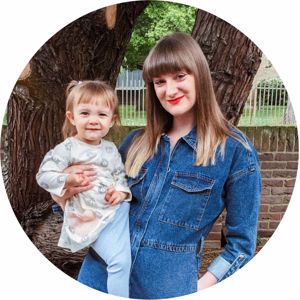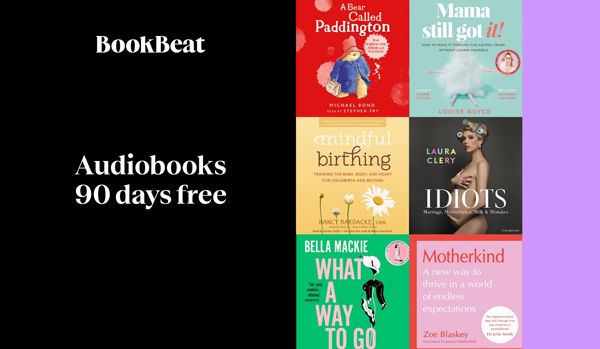Living with an allergy, intolerance or any other kind of limiting factor comes with many challenges. That individual faces countless obstacles throughout their lifetime to do with dietary restrictions, accidental exposure and decision making that may be tough to deal with at times. If you are a parent to an allergy-prone child, you will most likely understand many of these hurdles. In our household, I’m the only one with a food-related condition called Coeliac Disease. This is very commonly misconceived as having a gluten allergy, but in fact, it’s far more complicated than that. Avoidance is key like with most allergies, but it is quite different from having a nut allergy, for instance. Peanuts are one of the most common allergies, caused when the immune system reacts to the protein found in peanuts. Peanut allergies affect around 2% (1 in 50) of children in the UK* and we have seen a huge increase in this over the last two decades.
If you have Coeliac Disease, you won’t experience things like itching, swelling or trouble breathing. Most will have issues with their bowels, and common symptoms could include bloating and tiredness as your gut isn’t functioning properly. However, with an autoimmune condition like Coeliac Disease, your body may not even tell you that something is wrong. I was diagnosed as a teenager, but only off the back of my mother being tested. I had no symptoms other than mild fatigue, which was also down to being borderline anaemic. I may never have been tested if it weren’t for my mum and so it is vital that we all know the difference. Although I seemed asymptomatic like with many undiagnosed cases, this can lead to real health issues relating to your bowel, therefore it is vital that there are no cheat days...ever! Someone with an intolerance to lactose, but who loves cheese may choose to suffer the consequences after enjoying a pizza, but that is not something I can afford to do.
Allergy Awareness Week is happening from the 20th to the 26th April 2020. Coeliac Awareness Week is running one month later from the 11th to the 17th May 2020 with its biggest message being to create new opportunities for earlier diagnosis of Coeliac Disease in children. I know how scary it is when your child appears to have a reaction to a food substance or product. Close to my daughter’s second birthday, she broke out in the most awful hives all over her legs and back. Just to rule out Coeliac Disease (as it is a genetic condition), we had a blood test done which then came back negative. However, this does not mean to say that she won’t ever develop the disease or any other allergy for that matter. Histamine levels in your body can increase and be triggered at any point, so it is crucial you know the signs to look out for. With pollen counts about to rise due to summer, hay fever can affect 20% of the population** and this includes the young as well as the old.
Allergy UK has a wealth of resources and fun activities online you can do with your children, which will help to improve their own awareness well as your own. There are factsheets and games including how to improve indoor air quality, travelling with an allergy and also contains a special section for childhood food allergies.
The strongest, most important points they want to share are:
- Identify and avoid the cause
- Recognise the symptoms of an allergic reaction
- Know what to do if it happens again
You can also head to Coeliac.org.uk to register for an awareness pack for Coeliac Disease if you do want more information on this too.
So, how aware were you really about allergies? Would you know what to do if you or your child developed any symptoms for an allergy, intolerance or autoimmune condition? Stay aware, alert and stay safe to everyone living with allergies at this time!
*Source: Allergy UK
**Source: NHS
Link for awareness pack
https://www.coeliac.org.uk/forms/register-for-your-awareness-week-2020-pack/
Link for Allergy UK
https://www.allergyuk.org/information-and-advice/for-schools






